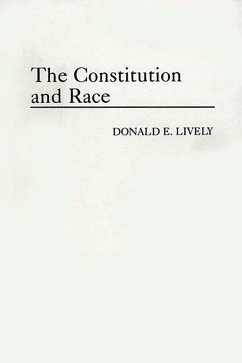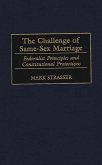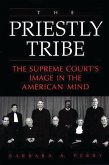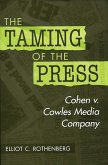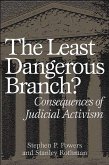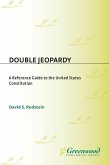Race, as this book demonstrates, has been a factor in the Constitution's framing, ratification, and development. Examined specifically and in detail are: * the accommodation of slavery to create a viable republic; * the Union's experience with and eventual undoing by slavery; * reconstruction of the nation pursuant to seminal principles of racial equality; * persisting efforts to limit or defeat constitutional provisions for equality and opportunity; * the desegregation mandate and its devolution; and * modern problems in accounting for a legacy of racial discrimination and disadvantage. The Constitution is the overarching statement of popular will and consent and thus an especially apt prism through which to discern racial truths and the context and values that influence them. Constitutional law affords a particularly useful departure point for acquiring perspective upon moral reality and legal possibility. This book is rich in its analysis of the Supreme Court's response to society's ambiguities, concerns, and conscience in the matters of race. In examining problems and issues which historically have engendered dispute and division, it suggests a potentially consensual basis of ascertaining the Constitution's still unfinished business. The nation's enduring ambivalence and the price it pays in less than consistent constitutional interpretations on racial questions is both enlightening and disturbing. The questions, of course, are at the heart of a democracy and involve personhood, citizenship, liberty, and equality. The Constitution and Race will be valuable to political scientists, historians, sociologists, lawyers, and students.
Bitte wählen Sie Ihr Anliegen aus.
Rechnungen
Retourenschein anfordern
Bestellstatus
Storno

